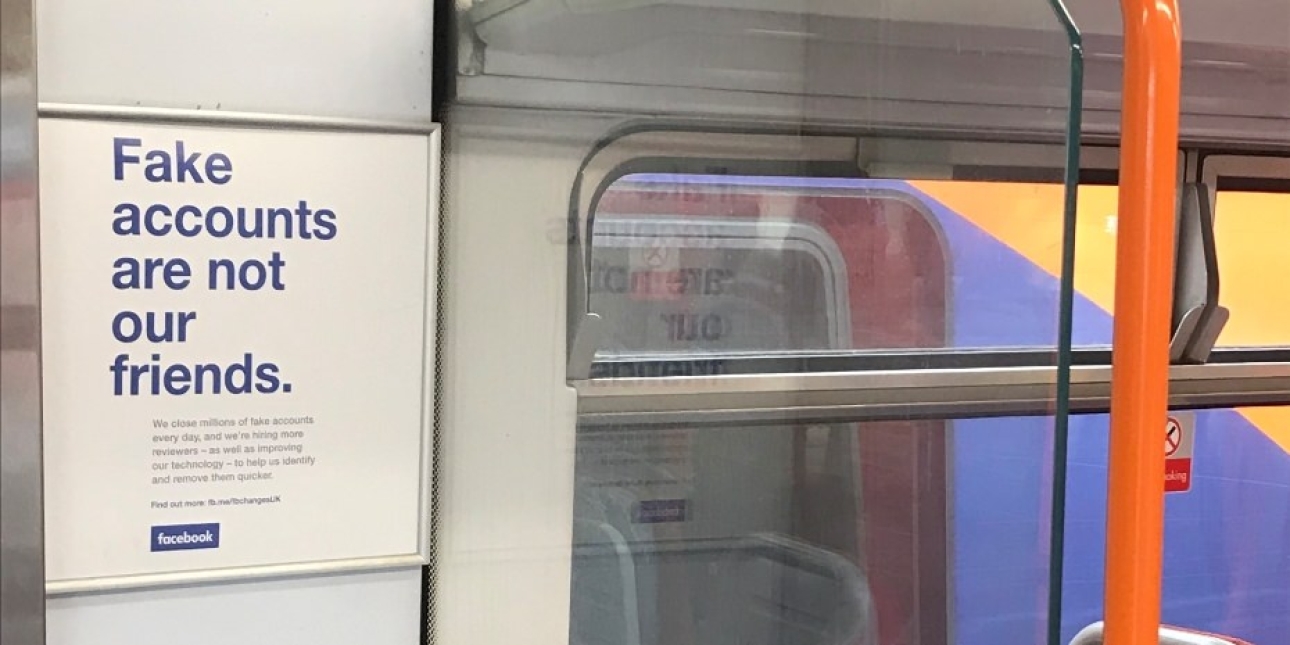PUBLIC RELATIONS
Wednesday 11th July 2018
When it counts, Facebook Backs Mainstream Media
Under fire from all sides over fake news, fake accounts and data misuse, Facebook is losing trust and fears for its reputation. Under fire from all sides over its monetisation of user data, its very business model seems on the line. Teenagers prefer Snapchat and Instagram – and increasingly their parents too. Global operators from Bell Pottinger to Arthur Andersen have disappeared under similar, arguably lesser, threats.
Little wonder that Facebook is fighting back. Mark Zuckerberg is now fully on the case and, it seems, money is no object to rebuild that most precious of commodities, the life-blood of any global brand and corporation – trust and reputation.
But here’s the best bit. Mainstream media is an important part – arguably one of THE most important – in how Facebook is looking to re-build its trust and corporate reputation.
This isn’t in any way scientific, but I couldn’t help noticing the long and expensive ads sandwiched between World Cup matches on UK prime time TV. Big money has been spent here – in concept, production and airtime. Add to this full-page colour ads in national print media, not least the most recent edition of Stella, the glossy magazine in The Sunday Telegraph. Oh! And let’s not forget striking ads placed across commuter trains and London tube stations - on billboards of all things (one of the oldest media of all). These accidental personal sightings dwarf major ad campaigns for many brands I’ve represented in the past.
So, what does this tell us? First, that whatever else Facebook may be doing across its own and other social media platforms, its wallet is firmly behind conventional mainstream media to re-build trust and reputation for itself. This is interesting, and a big investment. Zuckerberg clearly believes in the power of mainstream media to shift perception.
Second, Facebook’s predicament is a further tick in the box for mainstream media. As the excellent documentary “Reporting Trump’s First Year” now running on BBC2 shows so well, global media giants like The New York Times are demonstrating to a new generation the value of robust, fearless and challenging investigative journalism.
Trump, Brexit and much more has writ large the threats – to our very way of life – from “fake news”, and Facebook knows it’s part of the problem. So-called “old” media may gain a new lease from being a solution to this, and restoring trust and reputation. Facebook certainly thinks so.
Tessa Curtis is an independent corporate communications consultant.

